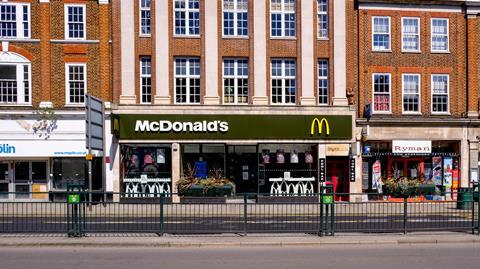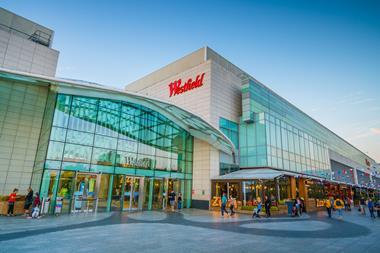One of the oldest political debates is that of the agent – the individual – versus the structure, most obviously, the state. The world’s political structures ebb and flow within these constructs to varying degrees of success.

Our dalliances with the pure structure have been a poor experience. Soviet Communism turned out to be a corrupt entity that will not in the main be written up kindly by historians.
Unfettered capitalism, meanwhile, leads to the sort of wealth concentration and, again, corruption, that exposes societies to market failure, such as the global financial crisis.
So, the most effective outcome for most tends to be a blend of what only the state can do for the public good and what the state cannot do in terms of the energy, pace and ingenuity of the individual.
No perfect combination exists, but between the Chinese model and those of the EU, UK, US and so forth, we have more similarities than differences – notably so with our biological enemy in tow.
What does all this high-level political theory guff have to do with the future of Britain’s urban retail centres?

An awful lot, because to me, the future of UK town and city centres is highly dependent on the effective blend of what public authorities can do to allow agents – individuals, sole proprietors, partnerships and family businesses – to flourish.
Long before our Wuhan bat bug caused chaos, many urban centres faced the existential challenge of a failure of planning, real estate investment and public policy. In essence, institutional capital and inadequate people in planning and public life have made most of the UK’s town and city centres boring.
Where once there was individualism and diversity, post the 1960s, our urban retail centres became increasingly standardised. Shopping centres and high streets started to look exactly the same whether you were in Aberdeen, Belfast, Kingston-Upon-Hull, Coventry, Reading or Plymouth (given the Welsh government’s crazy unilateral Covid policies I have deliberately excluded a town from this once fine country).
The structure was the major asset managers, their banks, credit rating agencies – yes, all the participants of the global financial crisis, the people that brought us collateralised debt obligations – not to mention planning bodies, local authorities and central government.
Structural failure
The agents and individuals – aka entrepreneurs – were duly forced to secondary and tertiary locations. Non-institutionalised suburbs and small towns suddenly became more interesting places to shop than all of the above.
The web was the spark that engulfed this pile of fuel that had amassed. The convenience of home shopping, along with tech and fulfilment advancement, allowed folks to eschew the boring, under-invested, over-covenanted financially unclever urban centres; prior to the bug, about one-third of the UK’s non-food retail purchases were already online.
Covid-19 has just exploded the primed bomb of the failure of the urban centre.
So what is to be done? Drawing upon political theory, the state must do only what it can and through policy – from planning and housing to transport and sustainability – to repurpose urban centres but not in their previous image or with the prior vested interest.
Not all but many retail ‘chains’ no longer serve a purpose. The web has exposed them; if they did not already exist they would not now be invented. They have been ruined by corporatism and so they are becoming extinct.
Along with the state structure, though, the individual must come to the fore. The entrepreneur needs to be given the context to flourish, which is not prohibitive business rates, upward-only rents and covenants that are a barrier to entry.
There is much to do to make our built environment much, much better, and the current collective crises pose an immense opportunity. Do we have the public, real estate, financial and planning leaders to allow the agents to save our cities?
Dr Clive Black is head of research at Shore Capital Markets





























2 Readers' comments